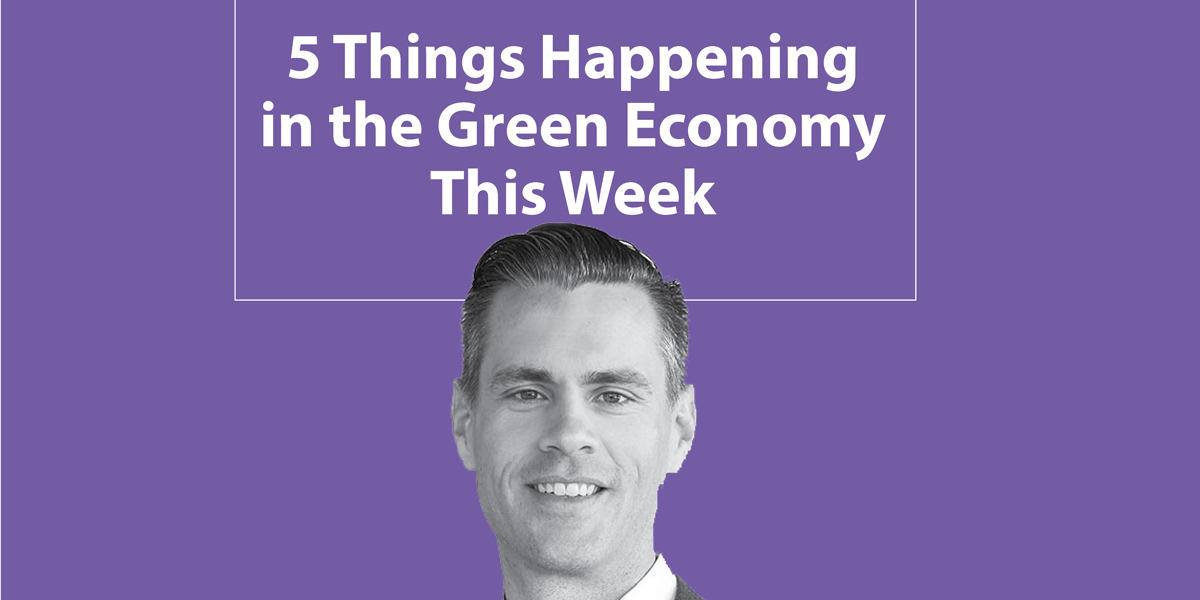
Every two weeks, Mike Moffatt, Senior Director at SPI, explores five things to watch in the green economy in a segment for Smart Prosperity: The Podcast. Click here to listen to this week's episode.
1) The UN’s Intergovernmental Panel on Climate Change released the first part of its 6th global climate assessment. It finds that the Earth just experienced the hottest decade in 125,000 years, and that humans are the primary cause of temperature increases. For more on the report, tune in next episode for a conversation with renowned climate scientist, Katherine Hayhoe.
2) US President Joe Biden is ratcheting up efforts to reduce pollution from transportation. On August 5th he signed an executive order that both tightens up emissions standards for gas-fuelled cars in the US and that also includes a voluntary target from the US auto sector to increase electric vehicle sales from 2% today to as much as 50% by 2030.
3) Almost half of the 200 countries who signed onto the Paris climate agreement, including China, Russia, Saudi Arabia and India have failed to update their commitments by the UN’s July deadline. Additionally, new commitments from Australia, Mexico and Brazil were deemed insufficient, while 110 countries, including Canada and the US met the deadline.
4) Canada and the US continue to struggle with a historic wildfire season. The US deployed more than 20,000 firefighters across 14 states, including California’s massive Dixie Fire, which has already destroyed over a thousand homes. B.C. continues to be the hardest hit province in Canada, with more than 250 wildfires burning, and hundreds of active evacuation alerts.
5) A new study from the Barcelona Institute for Global Health finds the environmental impact of bottled water is 3000 times worse than tap water. By examining the impact of supplying the city’s drinking water needs with bottled versus tap water, they estimate the ecological harm is 1400 times worse, and the resource extraction costs would be 3500 times higher.
Listen to the full segment, and plenty of other great content, in today's new episode of Smart Prosperity: The Podcast. Our podcast provides fresh takes on the current affairs, politics, research and business of the clean economy. New episodes posted every two weeks.